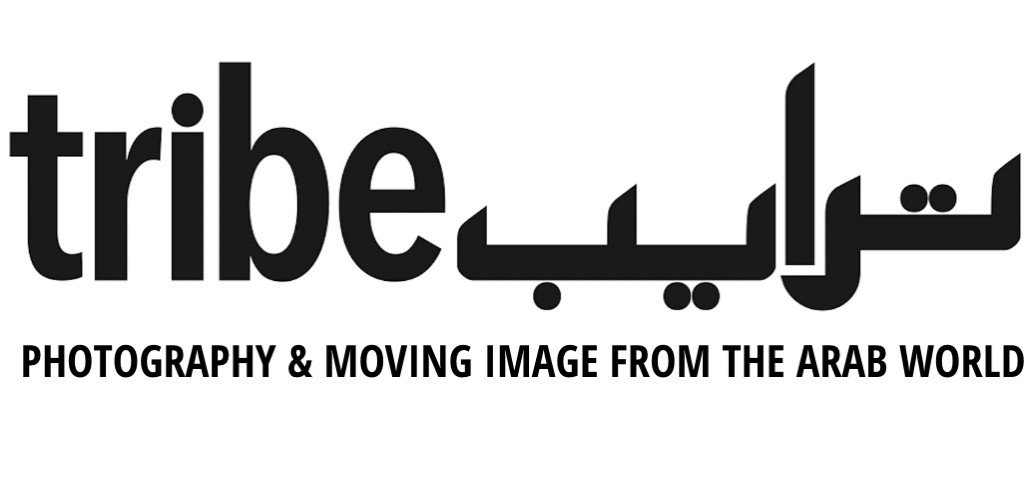Shubbak Festival: Where Arab Creativity Takes Center Stage
By Zainab Mehdi
Shubbak Festival, a biannual cultural showcase, proudly champions avant-garde voices in modern Arab culture. Shubbak, ‘window’ in Arabic, this event serves as a dynamic portal into the richness of Arab culture. The festival unites a diverse array of Arab artists, fostering collaborations that transcend borders, connecting local and international talent.
The most recent festival spanned from June 23 to July 9 2023. Whether people were in search of captivating discussions or hands-on workshops, the festival presented a diverse and engaging spectrum of events. Renowned as the UK's vibrant Arabic creativity extravaganza, this year's event immersed attendees in a celebration of art, film, literature, music, and theatre, which included insightful workshops on Arabic Calligraphy and the cinematic delights of the Safar Film Festival. That said, the festival’s essence also came alive through the captivating power of dance. 'Losing It,' a moving dance performance by Samaa Wakim and Samar Haddad King, unravelled the intricate threads of growing up in Palestine and grappling with generational trauma. Meanwhile, 'The Power (of) The Fragile,' an extraordinary dance show by Mohamed Toukabri, delivered not only captivating movements but also a heart-warming performance alongside his mother.
Speaking directly with the Joint CEO of Shubbak in London, where Shubbak’s HQ is located, Choucair-Vizoso emphasized the commitment to its three core pillars: artistic excellence, freedom of expression, and community. With a particular focus on the community pillar, she explained that Shubbak will play a crucial role in amplifying the voices of marginalised communities, including Afro-Arab and Palestinian communities. This year, the festival shone a light on the struggles of such communities via a number of outstanding performances:
Dreamer: Unveiling the Kafala System Through Colette Dalal Tchantcho's Lens
To provide background, the kafala system is a long-standing legal framework that has governed the relationship between migrant workers and their employers in Jordan, Lebanon, and Gulf states except Iraq.
Dreamer is a powerful semi-autobiographical performance that urgently bears witness to the lives of three Black women in Arab society: Salama, Eman, and Juliette. Each character embodied possibilities and grappled with the choices and challenges unique to black women in the Arab world. The characters refuse to be invisible and instead, they assert themselves, love, hurt, and heal.
Through their intertwined lives, Dream unveils the stark realities of racism, misogyny, and xenophobia, all set against the backdrop of culture, faith, and joy. The performance delves into the complexities of regional gender and sexual politics, the clash between modernity and tradition, and the generational conflicts that mould how Black women relate to one another and themselves.
Dreamer serves as a vibrant and multi-faceted portrayal of the Black experience, one that has long been silenced and concealed. Taghrid, when discussing the performance, pointed out that the themes explored in this play also resonate with the Black Lives Matter movement. In her own words, she explained:
“Our determination to programme Afro and Black Arab voices in the years to come goes hand in hand with our commitment to not forget the struggles, injustice, and discrimination black communities face globally, particularly in our region.”
Trouf: Scenes from 75* years: Showcasing the future of Palestinian liberation
In 2023, the festival had a powerful focus: marking 75 years since the Nakba, marking the 75th anniversary of the profound Palestinian displacement known as ‘the Catastrophe.’ One of the many powerful performances in commemoration, included Trouf: Scenes from 75* years by playwright Hannah Khalil and co-directors Ghazi Zaghbani, and Chris White. The play unveiled the untold stories of life in Palestine and Tunisia. Playwright Khalil collected narratives from her family and the diasporic community. Woven together, the scenes featured over 30 characters across settings from 1948 to the present, all grappling with the question? ‘What’s life like under occupation or in post-revolution chaos, where space is perpetually contested?”
Commenting on the development of integrating Palestinian stories at Shubbak, Choucair-Vizoso explained:
“We stand in solidarity with Palestine at this heart wrenching time. To all of Shubbak's past and future community of Palestinian artists, partners, funders, cultural practitioners, academics, and activists: you are in our thoughts, and we are here for you.”
The upcoming Shubbak festival is scheduled for 2025. To remain informed about all Shubbak-related content, please visit:
Website: https://www.shubbak.co.uk
Instagram/X: @shubbakfestival


